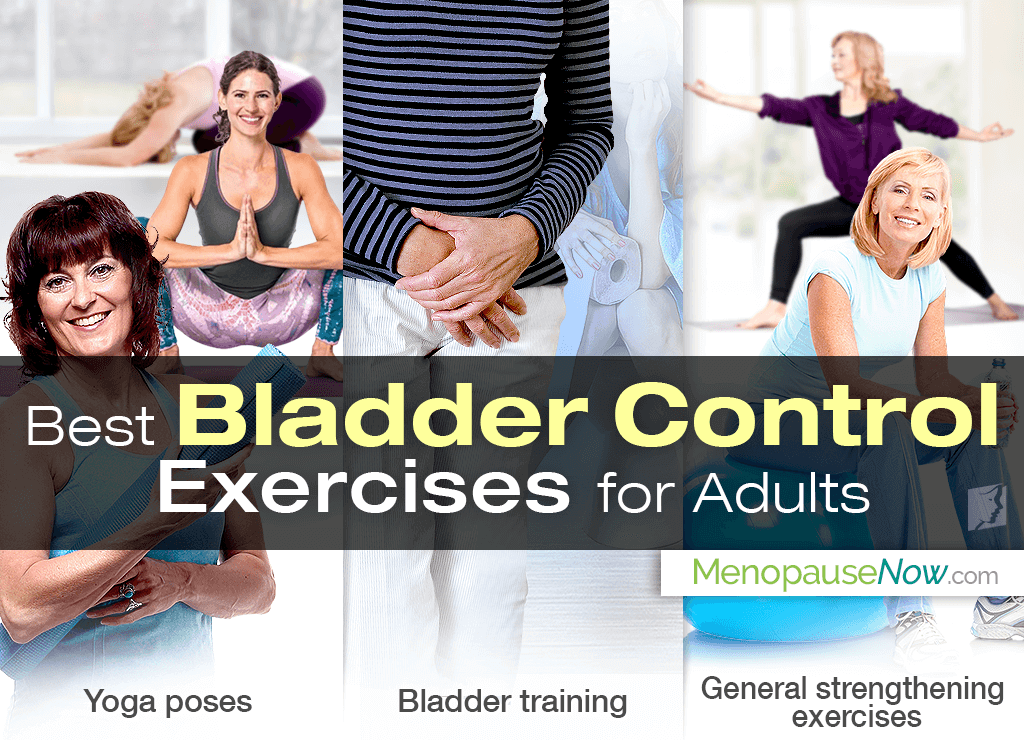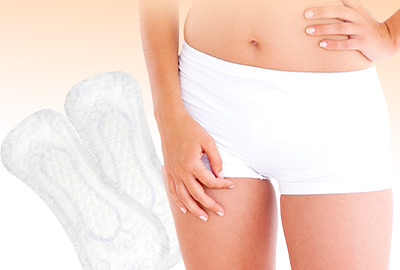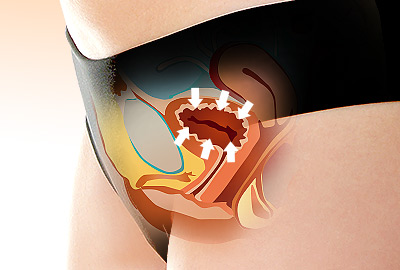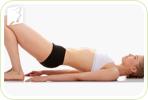Among many of the difficult and sometimes embarrassing symptoms of menopause, incontinence is arguably one of the most inconvenient. Fortunately, there are several methods that can be recommended for supporting adult bladder control, which may be practiced in day-to-day life.
Continue reading to find out the best bladder control exercises for adults to regain your normal urinary schedule once and for all.
Yoga Poses
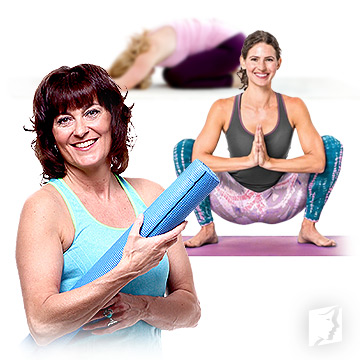
Adult bladder control exercises can start with practicing yoga poses for pelvic floor strength since the pelvic floor muscles support the pelvis, including the bladder and bowel. These poses improve the voluntary control of the urinary tract muscles. Hold each for a minute while breathing deeply:
Child's pose: Get down on all fours with your knees mat-width apart and toes touching. Sit back on your heels with your arms extended out in front of you, pressing the palms of your hands flat on the mat.
Squat pose: Stand with feet a little wider than shoulder width apart with toes pointed outwards. Lower into a deep squat so hips are lower than your knees. Place palms together in front with elbows pushing on the inner knees to open up your hips.
Reclined bound angle. Lie flat on a mat with knees bent and feet flat on the floor. Bring soles of feet together while letting knees fall out to sides. Your arms should rest by your sides with palms facing up.
Bladder Training
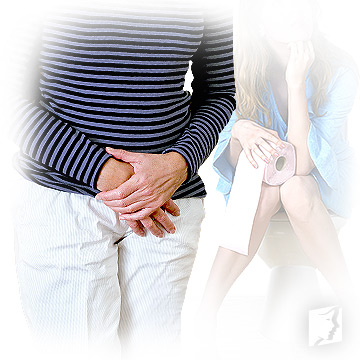
The essence of bladder training is to elongate the periods of time between bathroom breaks. Start by determining an average of how often you go to the bathroom daily. Then, train your bladder as long as possible so as to cut down on this number. Yes, it may be uncomfortable at first, but after weeks of training, you will be able to hold urine for longer and, subsequently, use the bathroom less often.
General Strengthening Exercises
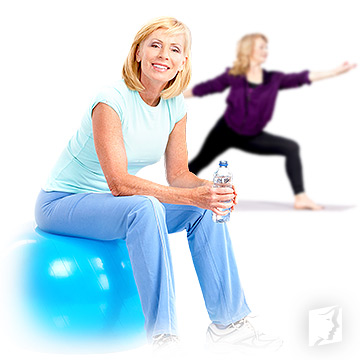
As well as performing exercises that concentrate on the pelvic area, it can be helpful to practice other types that can help with general muscle strengthening. It is recommended that more gentle styles are undertaken by those who suffer from incontinence. These might include:
- Pilates
- Tai-chi
- Swimming
These can often be more forgiving ways of toning all the muscles in the body, which is helpful for women who have problems with adult bladder control, as it lessens the likelihood of leaking while exercising.
Recommendations
It is advised to avoid heavy lifting if you are prone to urinary leaks. Many women are not aware that lifting anything heavy will put strain on pelvic floor muscles. To avoid any incidences, contract the muscles before lifting, and maintain this contraction throughout the duration of the lift.
Also, for women who are not sure if their adult bladder control exercises are proving efficient, they may measure the activity of the pelvic floor muscles using biofeedback devices. These machines record data about the strength and action of the muscles to help you ultimately recuperate control.
However, if your incontinence persists, there are other options available, including those that treat the underlying condition most likely at fault, hormonal imbalance. Click on the following link to be directed to natural and effective incontinence treatments so that you can finally regain control of your life again.
Sources
- MedlinePlus. (2019). Pelvic floor muscle training exercises. Retrieved July 11, 2019, from https://medlineplus.gov/ency/article/003975.htm
- National Health Service UK. (2017). 10 ways to stop leaks | What are pelvic floor exercises? Retrieved July 11, 2019, from http://www.nhs.uk/Livewell/incontinence/Pages/10waystostoptheleaks.aspx | https://www.nhs.uk/common-health-questions/womens-health/what-are-pelvic-floor-exercises/
- University of California San Francisco Medical Center. (n.d.). Biofeedback for Incontinence. Retrieved July 11, 2019, from https://www.ucsfhealth.org/education/biofeedback_for_incontinence/

